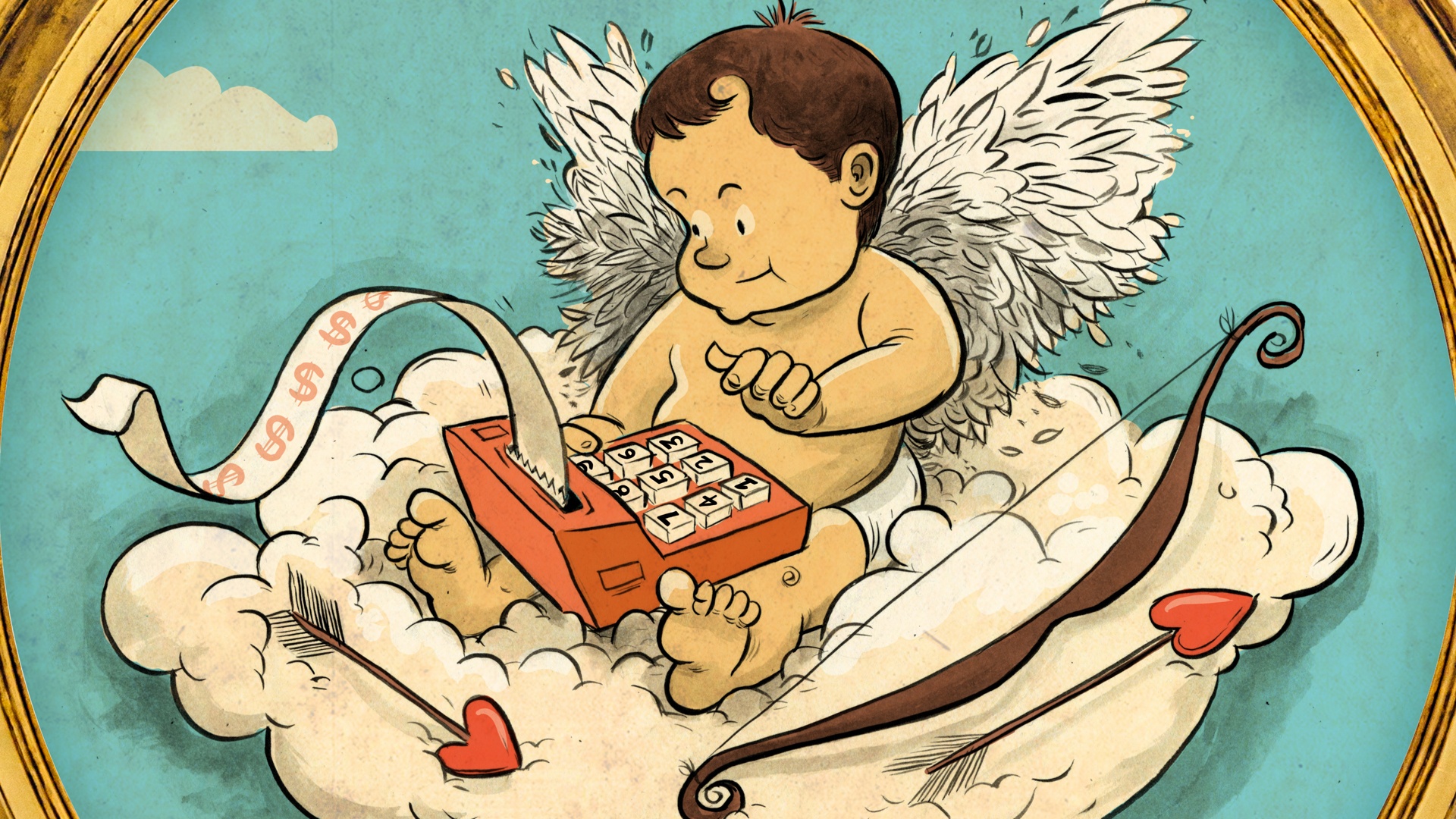
That felt weird: How to protect yourself from these 5 scams
In 2021, Canadians lost $269 million to fraudsters — an increase of $162 million year over year. Here’s how you can avoid becoming the next victim.
You wake up to find a text from the Canada Revenue Agency (CRA) on your phone: You owe $253.05 in unpaid taxes. Still groggy, you click the link and enter your login. On second thought, something doesn’t feel right. You close the browser and delete the text. But is it too late?
When it comes to fraud, everyone is a potential target. It doesn’t matter how old you are, how intelligent or tech-savvy. Fraudsters don’t discriminate and they’ll use every trick in the book to convince you to send them money or personal information.
The COVID-19 pandemic continues to provide a unique opportunity for scammers. As we’ve become more dependent on technology to conduct our day-to-day affairs, it appears we’ve also become more vulnerable. In 2021, the Canadian Anti-Fraud Centre reported 74,525 incidents of fraud and over $269 million lost — an increase of $162 million year over year.1
To avoid becoming a victim of fraud, Canadians must be better prepared and more suspicious than ever, according to Aaron McAllister, Associate Vice President of Cyber Fraud, TD Bank Group. He spoke to us about what fraud looks like in 2022, and how to protect yourself against even the most well-laid traps.
“A big part of protecting yourself and others from scams is having an awareness of them, as well as sharing that information with loved ones,” he says.
Don’t be the next victim. Here are five scams you should know about and how to protect yourself.
The authority scam
Through a text, email or phone call, the fraudster poses as a bank, collections firm or even the CRA. Being tricked depends on your distress and impulsivity. For instance, a fraudster posing as a financial institution may alert you to suspicious activity on your account and ask you to confirm your financial details.
Protect yourself by: Keeping your online world secure
It’s important to remember that government and financial organizations will never ask for personal information such as account numbers, passwords or PINs over text or email. If you’re concerned, locate the publicly listed number for the organization’s customer service department and call them to verify. McAllister recommends using complex passwords, changing them frequently and enabling multi-factor authentication wherever possible to add an extra layer of security.
The investment scam
Earlier this year, a man in Ontario was conned out of $106,000 after a woman he met online convinced him to invest in a cryptocurrency scheme.2 People fall for these types of scams because the promise of easy money can overshadow any misgivings they may otherwise have, even if the offer comes from an innocuous source.
Protect yourself by: Being skeptical and doing some research
Remember the age-old mantra: If it seems too good to be true, it probably is. Before making any investment, make sure you understand what it is you’re investing in. Be skeptical and do some research, especially when significant sums of money are involved. If you have any questions about investments, it can be helpful to speak to a wealth professional.
The romance scam
Instead of fear or a desire for profit, romance schemes rely on feelings of affection and trust. Scammers often invest a great deal of time and effort to win their victims’ confidence prior to asking for money. The swindler may even start small — a favour here, a favour there. Victims of romance fraud often miss the warning signs because they simply aren’t looking for them. McAllister suggests the pandemic has made people vulnerable: “People are more susceptible to new connections and others reaching out if they feel like they don’t have the connections they normally would.”
Protect yourself by: Watching for red flags
Be wary of anyone you meet on the internet — even through popular dating apps. If the topic of money arises too early, it could be a red flag. When in doubt, do your research. A real person will usually have an extensive social or professional network you can verify with a little digging. It can also help to share your concerns with friends and family. If they tell you your new significant other seems suspicious, it may be wise to listen.
The emergency scam
Emergency fraud relies on scare-tactics and a sense of urgency. The scammer might pretend to be a family member, friend or even an old neighbour in trouble, but the ask is always the same: They need money — fast. McAllister says that crooks often ask their victims to keep their request for funds a secret to guard their scam from family, such as when they impersonate a grandchild in need.
Protect yourself by: Verifying information with friends and family
Don’t let the criminal’s urgent tone overwhelm your own level-headedness. If you’re worried, reach out to your friends or family to verify the details before taking any action. Be wary of anyone who withholds information from you or anyone whose story seems unlikely.
The COVID-19 scam
Like other types of fraud, COVID-19 scams rely on a victim’s fear overwhelming their rationality. From vaccines and COVID-19 tests to private health care, government benefits and even air duct sanitation — there’s a wide variety of tricks out there.
Protect yourself by: Referring to government sources
Refer to the latest information on COVID-19 from official government sources. Avoid giving out personal information or signing up for new services until you’ve had time to investigate further. Legitimate service providers rarely cold-call potential customers, so it can be wise to be suspicious of anyone reaching out directly. Many pandemic-era scams are well documented — when in doubt, do a quick Google search.
If you fall victim to a scam, McAllister says it’s important to report it to your financial institution as soon as possible. “This will help prevent any further opportunities to victimize that individual,” he says. If you’ve lost money, you can also report it by calling the non-emergency number for your local law enforcement. Finally, McAllister suggests reporting the incident to the Canadian Anti-Fraud Centre to help guide their efforts.
Scammers are smart and victims often fail to recognize their own vulnerability. By building these habits now, staying cautious and ensuring you have the right online protections in place, you’ll be in a better position if and when someone chooses to target you.
TAMARA YOUNG
MONEYTALK LIFE
ILLUSTRATION
DANESH MOHIUDDIN
- “Scams and Fraud – Canada Revenue Agency,” last modified February 3, 2022, https://www.canada.ca/en/revenue-agency/campaigns/fraud-scams.html. Accessed on February 23, 2022. ↩
- Pat Foran, “Ontario man out $106,000 after being blindsided by twist of two scams,” CTV News, January 18, 2022, https://toronto.ctvnews.ca/ontario-man-out-106-000-after-being-blindsided-by-twist-of-two-scams-1.5745244#:~:text=An%20Ontario%20man%20says%20he,conned%20out%20of%20his%20savings. ↩
















